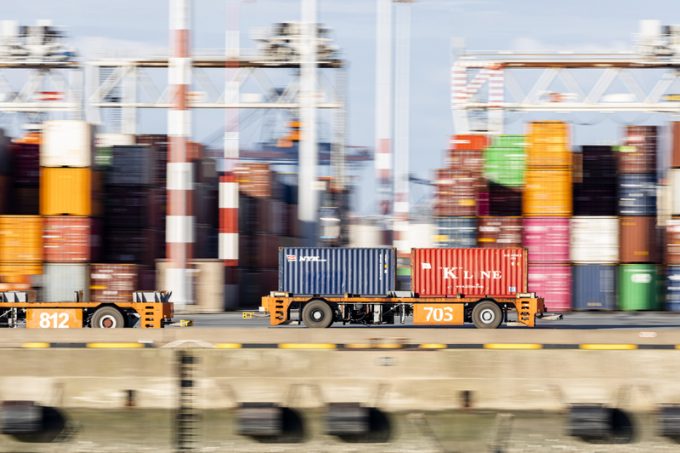Statement of Chairman Louis E. Sola announcing departure from FMC
[When Trump appointed Sola: 21 Jan 2025: Louis E. Sola designated Chairman of Federal Maritime ...

Concern about the widespread application of detention and demurrage charges has led the British International Freight Association to call for governments around the world to adopt the US Federal Maritime Commission’s position on the fees.
BIFA said it was joining a call from The International Federation ...

Comment on this article